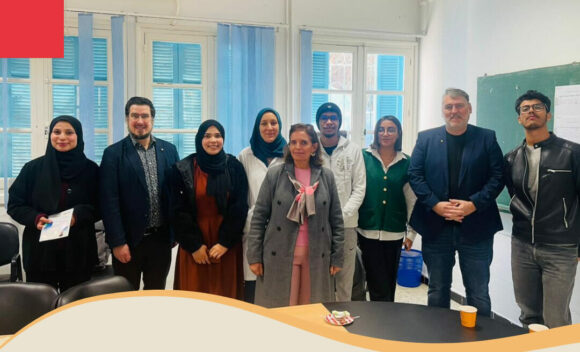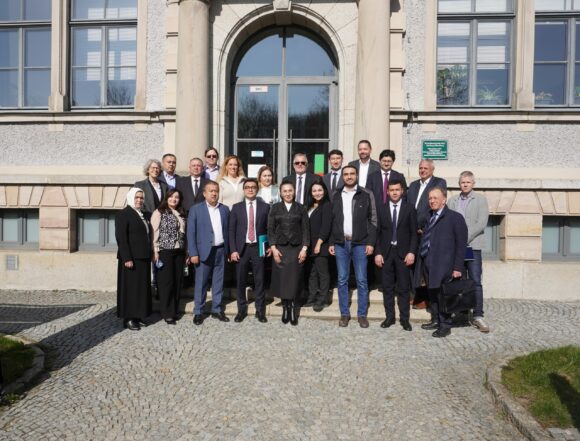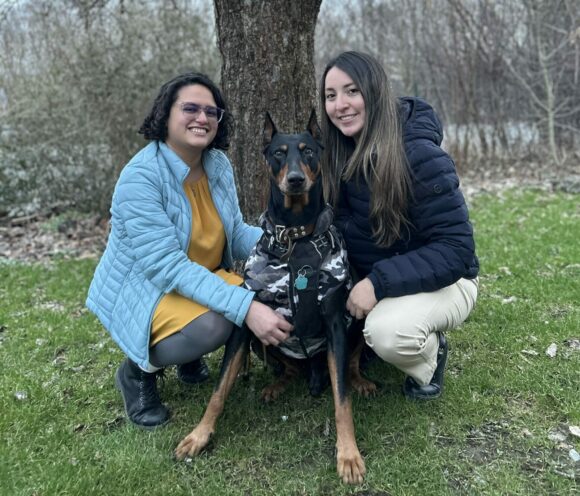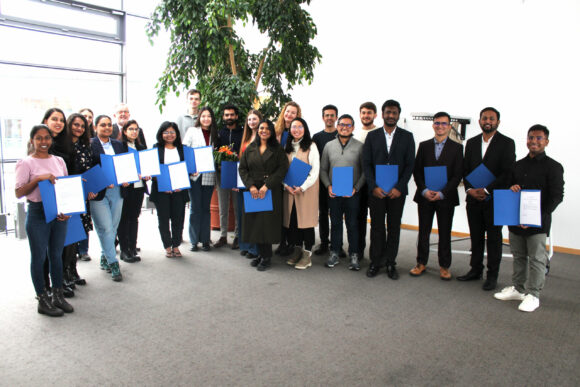Every year, food worth around 11 million euros is thrown away by manufacturers and retailers in Germany, partly because the requirements in the food value chain are not adequately planned. So there is obviously a lack of information and networking to avoid this waste. The REIF research project is intended to help eliminate this problem. We talked to Prof. Dr. Beatrix Weber, head of the research group Law in Sustainability, Compliance and IT, which is involved in the project.
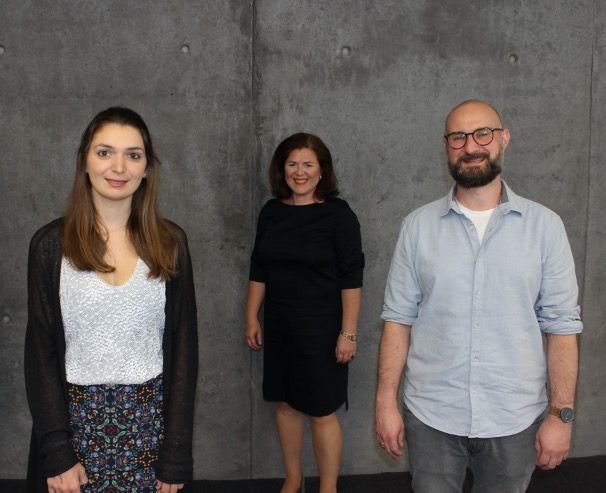
Professor Weber, what exactly do you mean by REIF?
REIF stands for“Resource-Efficient, Economic and Intelligent Foodchain.” It aims to become an intelligent ecosystem in which food waste is reduced along the entire value chain. It deals with the particularly wasteful sectors of dairy, meat and baked goods. Hof University of Applied Sciences, with its Law in Sustainability, Compliance and IT research group, is one of more than 20 partners. The project is funded by the German Federal Ministry for Economic Affairs and Energy (BMWi) as part of the funding program “Artificial Intelligence as a Driver for Economically Relevant Ecosystems”. What’s more, REIF is one of the winners of the BMWi’s AI competition.
How does REIF work exactly?
Data for the need and demand for food is specifically collected in REIF, evaluated and included in planning. Production plants and processes will also be optimized to better respond to fluctuating demand and raw material qualities. The REIF platform is where the data converges and is made available for the AI algorithms, as well as the services based on them. The platform also connects participants in the value chain who themselves want to obtain or distribute services or data developed in REIF. Blockchain technologies with smart contracts, among others, will be used for the technical application.
What is special about this project?
Sustainability and profitability should not be a contradiction. There are no hierarchies in the ecosystem. Collaboration is based on consensus. Different perspectives of the participants must be brought into the best possible agreement within a common framework. What is important is that each participant is the sovereign owner of his or her data and offers it voluntarily. The data owner can also determine the scope and type of data delivery. Company-sensitive data can still be kept secret. In the sense of a fair balance of interests and burdens, the economic value of the supplied data is determined and remunerated.
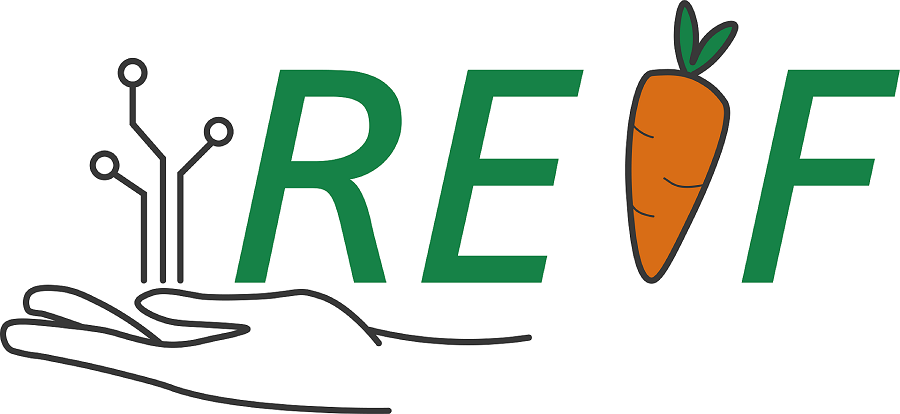
And what is the task of your research group Law in REIF?
The Research Group Law in Sustainability, Compliance and IT of Hof University of Applied Sciences, which is located at iisys, designs the data and rights management for REIF. Here, the legal requirements of data governance, i.e. data protection, data security and data quality, will be translated into a model in which all data will be collected, evaluated and made economically usable for the partners. The system will be agile, meaning technical and legal adjustments will be required on an ongoing basis. Companies will be able to offer data and services without fear of losing their trade secrets. Consumers, on the other hand, will have their consumer interests protected via the openness of the platform. Only then are providers also protected from potential third-party liability claims.
Why is REIF international?
When it comes to legal requirements for AI-based systems, it is worthwhile to look beyond national as well as European borders. “AI and Law” is an international topic. Therefore, for the first time, the FG Law has filled a research position internationally.




